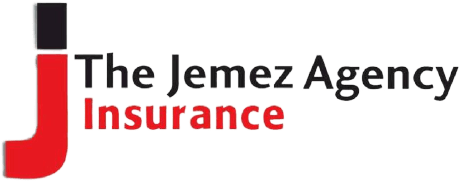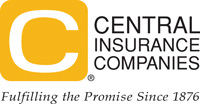It’s my experience that one of the most frequently asked questions policyholders have after being involved in an automobile accident is this one: “Does my insurance policy cover the cost for me to obtain a rental car while my car is being repaired in the shop?” If you find yourself in a situation where you are asking this question, keep in mind that the answer will vary based on the coverage available to you on your personal auto policy, as well as the requirements of the rental car company you’ve selected. Here are three tips to help you understand the rental car insurance process after a covered auto claim.
- Rental car coverage, also known as Transportation Expense coverage, is not always automatically provided in a personal automobile policy. Most insurance companies offer this coverage as an option, meaning it must be purchased by the policyholder in order for coverage to apply. Be sure to know your coverage limits before signing any paperwork for a rental as limits for this type of coverage can often be low and consumers might find themselves paying a portion of the rental expense out-of-pocket.
- What are “Collision Damage Waiver” forms? Most rental car companies require you have full coverage (liability, comprehensive, and collision) when you rent a vehicle from their company. If you do not have full coverage on your personal auto policy for at least one vehicle, you will likely need to purchase the rental company’s coverage, which is called Collision Damage Waiver coverage.
- Who pays for your rental car if you are not-at-fault in the accident? You have the choice to determine who pays for the damages to your car, as well as the cost to get you into a rental car while your car is being repaired. There are pros and cons in deciding who pays for the rental:
- If you decide to let your own insurance company pay for your damages, there is minimal delay in getting your repairs started and you into a rental car. However, you will have to pay your deductible up front. Next your carrier will subrogate the incurred costs, including your deductible; subrogation means they have the right to recover the amount of the claim, including your deductible, from the at-fault driver’s insurance company.
- If you decide to go through the insurance of the at-fault driver, then you will not have to pay for your deductible. However, you run the risk of delaying not only the repairs to your vehicle but also your ability to quickly get into a rental car. The reason? Insurance companies will only pay for damages or a rental car if they find their policyholder is at-fault for the accident. Unfortunately, determining fault does not always happen quickly, and this can cause delays.
- Your choice may depend on a number of questions such as: Is your current vehicle drivable? Do you have another car in the household that you can drive? Is a rental necessary to continue your daily life uninterrupted?
Should you ever need to file an auto claim, I hope my tips above have helped you understand the rental process. Be sure to talk to your us about what type of coverage you currently have on your personal auto policy and if you need to purchase additional coverage to prevent any out-of-pocket expenses for a rental in the event of an accident.
The coverages here are described in the most general terms, and are subject to the actual policy conditions and exclusions. For actual coverage wording, conditions, and exclusions, refer to the policy or contact your agent.
Share this:
Related
Enter your email address to follow this blog and receive notifications of new posts by email.
Search Our Blog
Search for:
Blogs by Category
- Accident (42)
- Auto (94)
- Business (92)
- Central (421)
- Claims (101)
- Commercial (56)
- Communication (22)
- Education (23)
- Employees (60)
- Financial (24)
- Home (130)
- Household Inventory (6)
- Human Resources (21)
- Independent Agents (16)
- Liability (50)
- Loss Control (62)
- Personal (262)
- Prevention (130)
- Risk Management (80)
- Safety Tips (92)
- Saving Money (37)



3 Comments on “Understanding Rental Car Coverage”